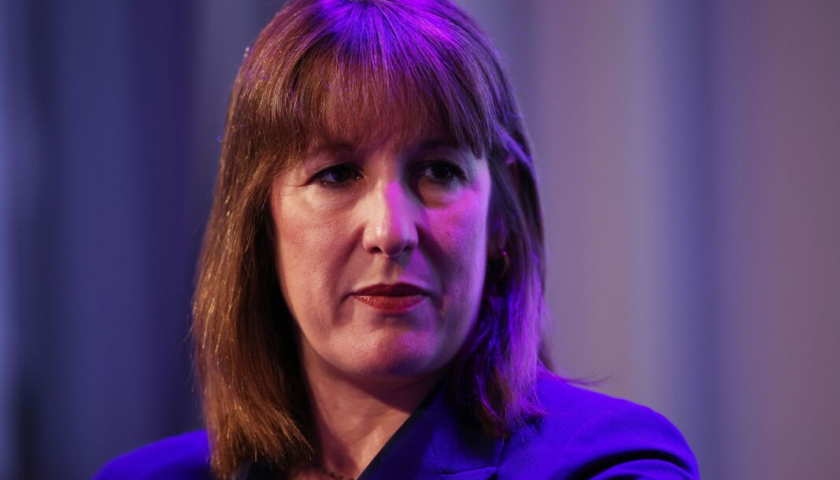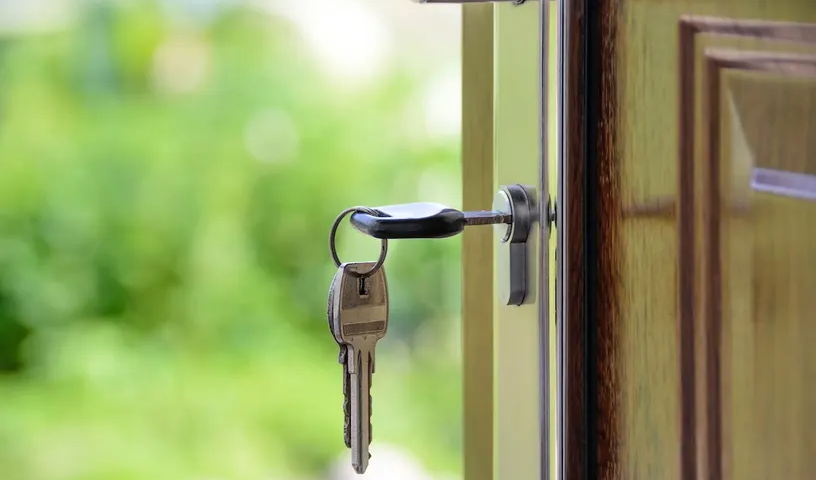Landlord mortgage interest tax relief in 2025-26
Since April 2020, you’ve no longer been able to deduct any of your mortgage expenses from your rental income to reduce your tax bill.
Instead, you now receive a tax credit, based on 20% of your mortgage interest payments.
This is less generous than the previous system for higher-rate taxpayers, who effectively received 40% tax relief on mortgage payments.
The current system was phased in between 2017 and 2020 and resulted in many landlords selling buy-to-let properties or moving their portfolios to company structures.
Mortgage interest tax relief in 2025-26: an example
Assuming a landlord takes in £950 per month rental income, and makes mortgage interest payments of £600 per month.
- They’ll pay tax on the full £11,400 rental income they earn
- They’ll pay £7,200 in mortgage interest
- They’ll get a tax credit of £1,440 (£7,200 x 20%)
- A basic-rate taxpayer will pay £840
- A higher-rate taxpayer will pay £3,120
Can landlords incorporate to keep their mortgage interest relief?
In theory, by setting up a business that owns their rental properties, landlords will be able to continue to declare rental income after deducting the mortgage.
However, if you’re considering doing this is vital to research it thoroughly, as even with this tax saving you could end up far worse off.
There are a few reasons for this, but the main one is that mortgage rates for businesses are more expensive than for private landlords, which could cost more than you’d save in higher tax relief.
You’d also need to pay an extra round of stamp duty when you transfer ownership of the property to the business. You can use our buy-to-let stamp duty calculator to work out your bill.
Finally, if you incorporate your taxes will become more complex. Instead of paying income tax on your rental income, you’ll need to file taxes for your business, and pay corporation tax on your profits.
To receive the rental income, you’ll need to pay yourself a dividend. This will be taxed as income, but at a lower rate than if you’d received the income directly.
Contact one of our highly experienced mortgage advisors today on 0121 500 6316 to discuss your mortgage needs.



